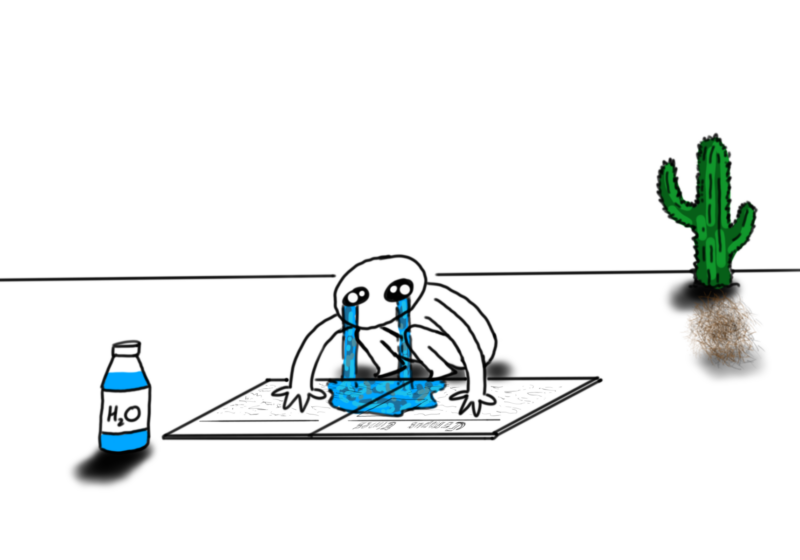Friedlander Lobby: that oft-traversed but seldom-mentioned passageway, the entrance to Rush Rhees Library. Beyond the brief stop of a tour group, or the odd student ducking out of the Welles-Brown Room to receive a phone call, does anyone ever pause to observe the coffered ceiling, the weighty pillars that support it? Indeed, Rush Rhees is a place of refuge from the cold, or a place of stress and anxiety when examinations come calling. But the team at Rare Books, Special Collections, and Preservation strives to make this gateway to the library deserving of much more than just a stumble through.
The display cases of Friedlander Lobby are the most immediately noticeable of the exhibits presented by Rare Books, which include cases in the Great Hall of Rush Rhees and the principal exhibit within the department just adjacent to the Great Hall. Exhibit Manager Travis Johansen is responsible for filling the cases with pieces drawn from vastly different areas of the department’s holdings.
“Sometimes they relate to what we have on view in [Rare Books],” Johansen said. “This depends on much content we have related to the subjects we are curating. More often than not, they are stand-alone exhibits”.
The current display is grouped by the broad theme of “Theater,” but past displays have ranged from HIV and AIDS education to women’s suffrage to the history of optics. These exhibits change at a fairly regular frequency; as Johansen remarked, they often try to offer new displays around the time of Meliora Weekend and Commencement.
Beyond the cases in Friedlander Lobby, students will most likely find themselves passing the displays of the Great Hall. Here, the collections often reflect the character of students at the University; for example, accounts and photographs of international students — particularly touching were the reflections of Zimbabwean students predicting the war that would engulf their homeland in the ‘60s and ‘70s. A grim consideration, but a reflection of the concerns that many students face that may not touch the lives of many in the U.S.
But the greatest exposition of Rare Books is within the department itself. Unfortunately, it is also the least accessible, tucked away in a corner of the second floor of Rush Rhees. Jessica Lacher-Feldman expressed her thoughts on the little knowledge that students have of the space.
“If a student wants to come through they’re welcome. To me, that’s the most important thing, and I say this when I talk to classes, when I talk to anybody,” Lacher-Feldman said. “You don’t need a reason to come in here. And I think that it can be intimidating to people. ‘It’s special, it’s closed.’”
In fact, Rare Books has particular rules for researching or reading from the materials. Some of these can seem to be obtuse or unnecessary, but Lacher-Feldman assures that the department has to be strict to preserve the quality of the collection.
“The closed nature has very much to do with the fact that the vast majority of our collection is unique, one-of-a-kind,” Lacher-Feldman said.
The rules that the department enforces may be different from the rest of Rush Rhees, or your public library, but are typical in collections of a similar cast.
Lacher-Feldman clarified further: “If you go the University of Wisconsin, or Berkeley, or wherever, they’re going to ask you to do the same. If you come in to do research in the reading room, you can only use a pencil. You can bring your notes in, but we look at them first. You can bring a laptop but not a case. And that’s very, very normal.”
Lacher-Feldman said it may be odd, but it isn’t arbitrary.
“It is a little weird. Because in other places people are eating pizza, it’s a free-for-all. But it’s not just to have reverence for the stuff, we have a real commitment to making sure that stuff is around forever.”
The last word of the department’s name is “preservation” after all.
Currently, the department is exhibiting artifacts from the life of Frederick Douglass. Among these are countless letters, maps, and diaries. Such a connection to Rochester does not always exist in the Rare Books’ pieces, but the University has an extensive collection with which they can commemorate his life — perfectly timing the opening of the showcase with Douglass’ birthday.
In the end though, RBSCP is a place for research, a place for the University community.
As Lacher-Feldman put it, ”This collection is here for students […] our audience is the world.”





